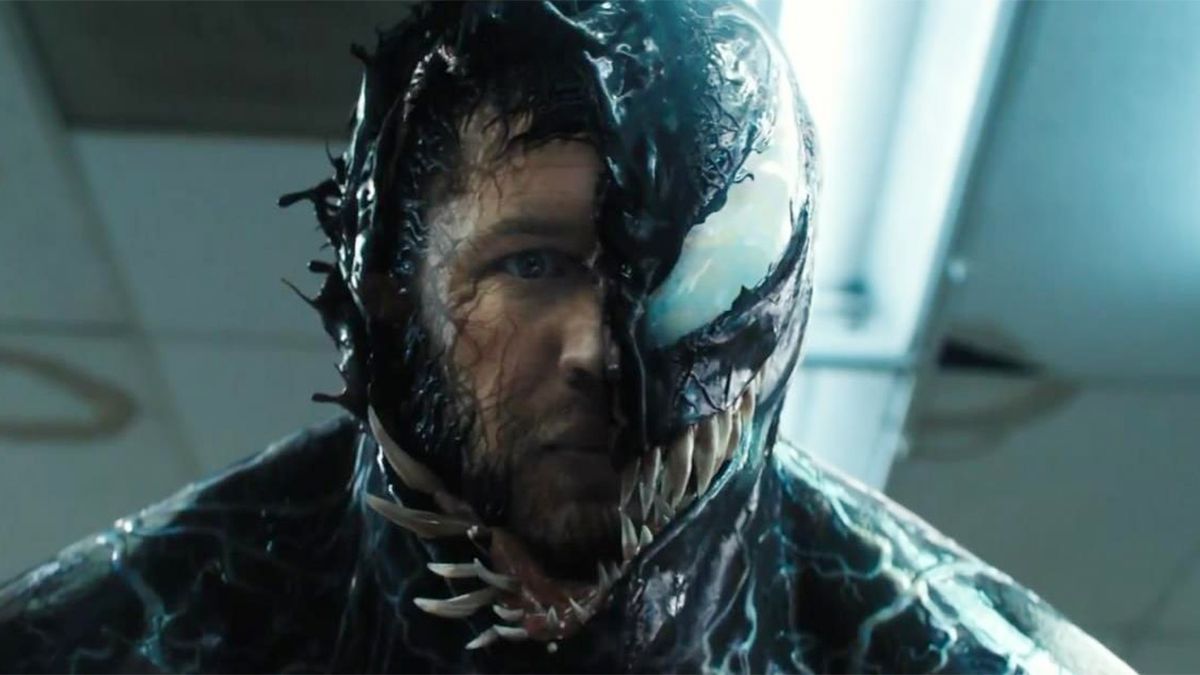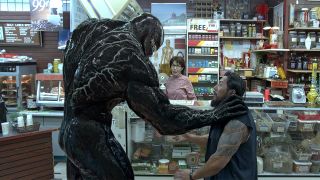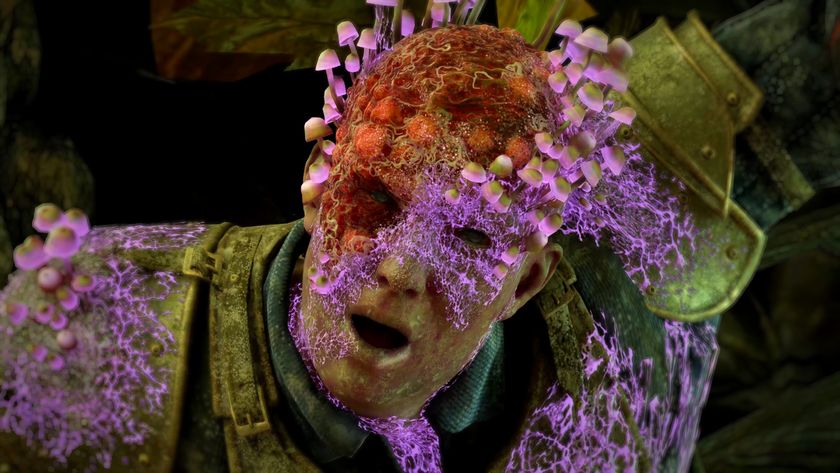Could you get infected with a psychotic parasite like in Venom? A medic explains
In a new regular series, Total Film magazine asks the experts about the truth behind astonishing movie scenarios to assess their plausibility

Can stuff we see onscreen really happen? We're not talking about a kiss, a rousing speech or a knockout punch… but the popcorn-rattling-disbelief of seeing a bus leap a giant gap on the freeway like in action classic Speed. Obviously we know we need to suspend our disbelief when the lights go down but how much of what we see in movies could actually come to pass?
In a new regular series, we ask experts in their relevant fields to check out cinema's most outrageous scenarios, and tell us what's reality and what's dramatic license. This time: What are the chances of a nutbag parasite, like the one that inhabits Eddie in Venom, altering your personality?
In Venom, Tom Hardy’s journo gets infected with an alien parasite that turns him into a marauding head-chomper. Are there real parasites that can change your personality?

Answered by Sepeedeh Saleh, MBChB, MPH, MFPH, The Liverpool School of Tropical Medicine
"In terms of parasites that cause changes in behaviour in humans, the one that first springs to mind is African Trypanosomiasis, also known as sleeping sickness. This is caused by Trypanosoma parasites and spread by the bites of tsetse flies in parts of Africa. The parasites enter the system and multiply causing fever, then get into the nervous system (the brain, spinal cord, and nerves) where they start to affect the brain. As well as more typical psychiatric symptoms such as agitation or delusions, affected patients also commonly show changes in their behaviour, becoming uncharacteristically rude and aggressive, or careless.
"When carried by a mouse, the toxoplasma parasite affects its host’s behaviour, changing its normal fear of predators (such as cats) to an attraction"
A similar reaction to is seen in toxoplasmosis- a disease caused by parasite (toxoplasma) which lives in the bodies of various mammals. Toxoplasma can also infect humans, although it doesn’t cause any disease in most people. When carried by a mouse, the toxoplasma parasite affects its host’s behaviour, changing its normal fear of predators (such as cats) to an attraction. It has been proposed that this risk-taking behaviour change also happens in infected humans, making them more likely to be involved in road traffic accidents for instance, but this has not been proven."
Verdict: Nonsense (the alien bit), not nonsense (the parasite bit)
This feature appears monthly in our sister publication Total Film magazine. Pick up a copy now or save up to 58% on a print and digital subscription so you never miss an issue,
Sign up for the Total Film Newsletter
Bringing all the latest movie news, features, and reviews to your inbox
Jane Crowther is a contributing editor to Total Film magazine, having formerly been the longtime Editor, as well as serving as the Editor-in-Chief of the Film Group here at Future Plc, which covers Total Film, SFX, and numerous TV and women's interest brands. Jane is also the vice-chair of The Critics' Circle and a BAFTA member. You'll find Jane on 12DOVE exploring the biggest movies in the world and living up to her reputation as one of the most authoritative voices on film in the industry.
















